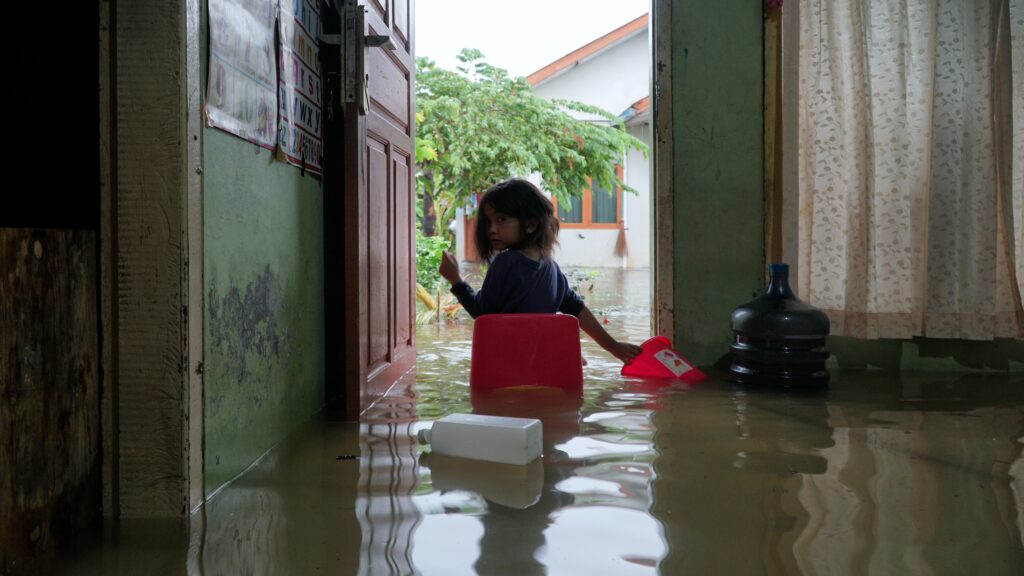Search & Rescue

Seek and save, so that others may live!
Table of Contents
Why Search & Rescue Operations
So That Others May Live…
These four simple words define the passion and drive Search and Rescue (aka Seek and Save) people have, and adverse conditions they put themselves through, to save others in distress. They take up the search on challenging terrain, in any weather, any time of year, day or night under the most adverse circumstances. During a disaster, the fastest response with the most appropriate resource(s) will save the most lives, limit suffering, and expedite the transition to recovery.
What Are Search and Rescue Operations
Following a catastrophe, rescue workers and emergency responders are the first to arrive on the scene, often in unfamiliar surroundings and adverse weather conditions, ready to save lives and secure the environment to help protect the lives of those to follow. Rescue workers and emergency responders may be involved in emergency medical operations involving victim rescue or body recovery around piles of rubble and other debris, collapsed structures or near structural steel.
Storm First Responders Search and Rescue program, also known as Seek and Save responds to lost, injured or missing persons that need rescue and/or recovery from natural or technological danger. This includes but is not limited to the recovery of deceased subjects, aircraft related beacon searches, support of criminal investigations with evidence searches, disaster response, and general logistic support of Sheriff’s Office or FEMA personnel.
Nothing worse than being LOST and nothing better than being FOUND!
John Paul Warren - CEO, Storm First Responders
Searchand Rescue Process
Search and rescue, or SAR, involves:
- conducting a search in an effort to locate lost or missing people,
- rendering aid to the victim, and
- evacuating the victim to safety or recovering the body.
Search and rescue can take many forms, such as: ground search and rescue, K9 search and rescue, flood and swiftwater rescue, vertical rescue, aerial searches, mounted search and rescue, search and rescue diving, and many more. The type of SAR operation varies depending on the location, weather, available assets, and any unique circumstances dictated by the incident.
Medics play a vital role in search efforts as well! While nearly all search and rescue technicians have basic first aid skills, individuals certified in emergency medicine need to be on scene (or nearby) in the case that a victim is located and needs immediate medical attention.
Some SAR teams are part of an agency for whom search and rescue is not their primary focus, such as a local sheriff’s office. While search and rescue may be part of an officer’s job, they typically don’t specialize in search and rescue and may lack the assets necessary to effectively conduct a search. These agencies may request the assistance of volunteer search and rescue teams to serve as a force multiplier when more resources are needed.
Like Storm First Responders, most SAR teams in the US are non-profit organizations primarily made up of trained volunteers with a focus on search and rescue. These organizations deploy at the request of other agencies.
Search and rescue is a resource heavy discipline. Specialized vehicles and equipment need to be purchased and maintained (both costly activities), and the logistics associated with managing these assets can be complicated. The cost of training, personal gear and equipment, and transportation typically falls on each volunteer. Volunteers frequently take time away from their jobs and families to answer the call and deploy at the last minute.
The field of search and rescue is more than just rescuing lost hikers. It also involves seeking out missing children, locating individuals who have wandered off, and rescuing hurricane victims from flood waters. It’s about bringing victims home safely or giving friends and families peace of mind in situations where the former is no longer possible. At its core, search and rescue is a culmination of dedicated public servants who set out to serve their communities by lending a hand in the toughest of times.
“to seek and to save that which was lost.” Luke 19:10
“What man among you, if he has a hundred sheep and loses one of them, does not leave the ninety-nine in the wilderness and go after the one which is lost, [searching] until he finds it? Luke 15:4
A hurricane is a tropical cyclone with sustained winds of at least 74 miles per hour. Hurricane season runs from June through November, but a hurricane can occur at any time. When a similar superstorm originates in the northwestern Pacific region, it is called a typhoon.
The Situation for Children
Hurricanes rob kids of the security they need to stay healthy, develop and grow. In disasters like these, children are often among the worst affected.
Hurricanes are especially catastrophic in countries where there is widespread poverty, deforestation and inadequate emergency services. Strong winds, heavy rain, tidal surges, flooding and mudslides can kill or injure thousands. Children and families who live in coastal areas or in poorly-constructed housing are among the most vulnerable. Ineffective evacuation plans only heighten the danger.
When a community is hard hit by a hurricane, children often have no choice but to flee their homes in search of safety — sometimes even orphaned and alone. Flooding can disable sanitation facilities and lead to contaminated water supplies, creating breeding grounds for deadly waterborne diseases. There are often food shortages, followed by rising rates of malnutrition.
